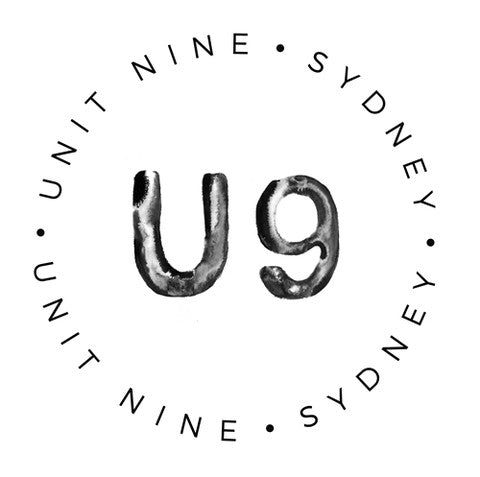
Yes, that’s E for electrolytes! You know that time when you’ve just had a big workout and you’re wondering why you taste so salty… well essentially there are three core areas that the body needs to focus on after exercising;
- Replenish fuel stores that have been used throughout a training session.
- Deliver protein to enable muscle repair and synthesis.
In my last post I talked about the importance of hydration and levels of fluid intake, both before and after exercise and I’m going to expand on that further and discuss the function of electrolytes.
Electrolytes are macrominerals, these are the key minerals that the body needs in relatively large proportions that we lose in sweat and urine every time you exercise.
What do they do and what are the best sources?
Lots of people turn to high sugar sports drinks after exercise, but it’s easy to replenish electrolytes naturally through nutrition.
Sodium, chloride, potassium, phosphorus, magnesium and calcium make up electrolytes. Exercising causes a loss of these minerals in varying amounts with sodium and chloride being lost in higher concentrations than the other. Electrolytes perform vital functions and without them, you’ll soon know about it from muscle aches to thirst, twitching, fever, insomnia and more! Here’s some of the important stuff they do to give you an idea of why these macrominerals form an essential part of your diet;
Sodium/Chloride - It’s number one job is maintaining the right fluid levels in the body as well as nerve impulse transmissions and muscle contractions
Potassium - Totally essential for regulating blood pressure and your heart contractions.
Calcium - Key for our bone structure, but is also responsible for maintaining muscle contractions and nerve impulse transmissions.
Phosphorus - Structurally important in bones and teeth, phosphorus also helps to maintain fluid balance.
Magnesium - Important for bone structure, preventing muscle cramps, energy metabolism
Electrolyte Foods

Coconut water is up there with having it all. Its full of electrolytes and will rehydrate you at the same time, so a bit of an all round winner.
Other foods to consider incorporating into your meals/hydration post exercise are bananas, almonds, peanuts, kale and avocado. These foods offer sufficient levels of electrolytes to help your body recover and repair.
Sports drinks are easy and convenient to grab on the run, but did you know that some of them contain nearly as much sugar as a can of coke? Eating whole foods helps to replace essential electrolytes, without the crazy high amounts of added sugar.
So the next time you indulge in a sweatfest, have a think about how you are going to replenish your electrolytes and in my next post I’ll be sharing with you, how to replenish your fuel stores.
Reference:
Whitney, E, Rolfes, SR, Crowe, T, Cameron-Smith, D & Walsh, A 2014, Understanding Nutrition: Australia and New Zealand Edition, 2nd edn, Cengage Learning Australia, South Melbourne.
